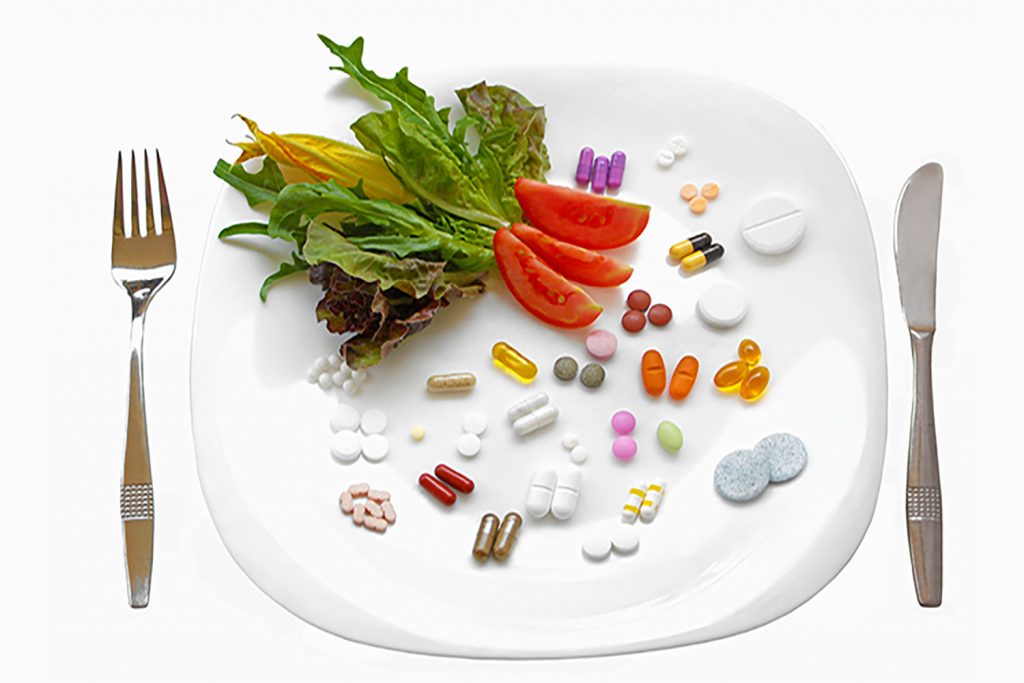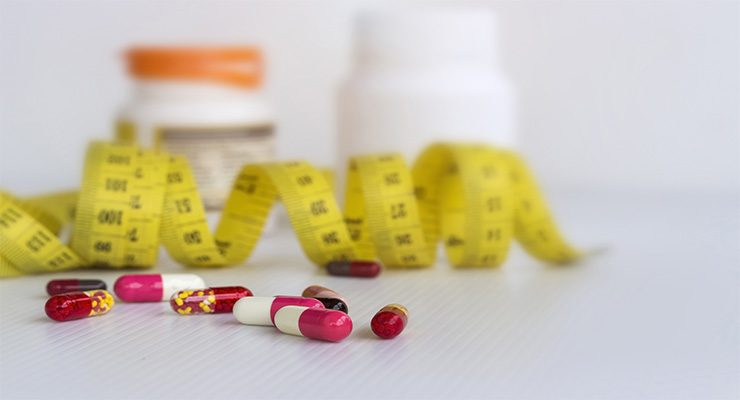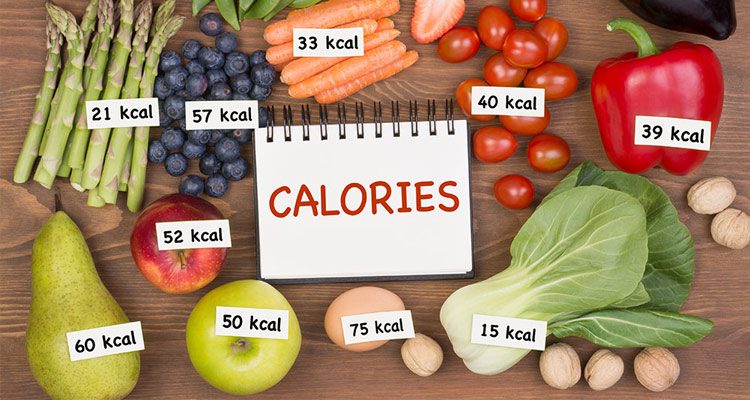Speak to almost any medical professional and they will tell you that taking diet pills simply isn’t an option they would recommend for safe, effective weight loss. But why are diet pills so bad for you? Well, where do I start?!
First and foremost there is no evidence that diet drugs really work.
Think about it for a minute. The current obesity crisis is threatening to cripple the NHS due to the costs of treating obesity-related disease. If there was a drug that effectively and safely helped people lose weight, do you think the NHS would be keeping it a secret?! Or don’t you think GPs would be offering it to every one of the 60% or so of us who are currently overweight, or at least the 25% who are obese? Don’t you think the drug companies would be covering every billboard and magazine page with adverts for the ‘cure’ … they would stand to make a fortune. A diet-pill that really, really works is the ‘holy grail’ of medicine that everyone is searching for – and as yet, nobody has found!
There are a couple of drugs that are approved by the NHS. Orlistat (also known as xenical), works by stopping you absorb fat from your intestine….therefore you end up taking in fewer calories. What’s the downside? If you eat fatty food and don’t absorb it properly you get unpleasant wind and diarrhoea (and occasionally incontinence!)… with the net result that many of my patients will simply not take the drug if they fancy a fatty meal. So, instead of needing willpower not to over-indulge, you simply need the willpower to make yourself take the drug that will put you off over-indulging. Hmmm… not a great premise for a successful treatment. As a result, weight loss with this drug is modest and is often regained once the drug is stopped. Add to that the fact that healthy fats (and the vitamins we absorb with them) are good for us in moderation and you will see why I don’t prescribe it.
Liraglutide (Saxenda) is an injection that can reduce appetite and may be prescribed for weight control in patients with obesity, or overweight with related health problems such as diabetes. However, it can cause gut problems in over a third of people and weight is often regained when injections are stopped.
Another drug, Mysimba, which is a combination of naltrexone and bupropion and may suppress appetite, has not been approved due to lack of information on long-term effects.….but let’s face facts. Most of us who are overweight don’t just overeat because we are hungry! It’s the other reasons – habits, emotions, an unstoppable urge for chocolate or chips – that lead to the pounds creeping on. Reducing our appetite probably won’t change that much at all!

To help you lose weight, drugs pretty much have to do one of these three things:
- Alter the way your brain functions so you eat less
- Alter the way your intestines function so you absorb less
- Increase your metabolism so you burn more
The problem is that drugs are not selective enough to target the specific areas that are purely responsible for weight gain… and we don’t really understand what they are anyway! So, it’s no surprise that drugs that help us to lose weight often interfere with other functions of the body – possibly in unwelcome ways. So drugs that ‘boost the metabolism’ by raising your pulse rate can put you at risk of heart problems, palpitations, headaches, and high blood pressure. Drugs that act by reducing depression or trying to reduce appetite may cause mood swings, sleep disturbance or increase the chance of serious problems like strokes. And drugs that make you absorb less …well I won’t repeat their antisocial side effects!
At least you know what you are getting if you have a prescribed drug, as the possible side-effects and risks are listed ad infinitum. But buying diet-pills over the internet means you have no idea what they really contain and whether they could interact with drugs you may already be taking, or make an existing health problem worse. And don’t be fooled by the term ‘herbal’ – not all herbs are safe. People have even died taking weight loss pills containing DNP – a toxic chemical declared unfit for human consumption by the Food Standards Agency. Ingesting this poison can lead to nausea, vomiting, restlessness, flushed skin, sweating, dizziness, headaches, rapid respiration, and irregular heart-beat, possibly leading to coma and death. Despite this, it appears that these drugs are being made in clandestine laboratories before being marketed to vulnerable people, desperate for that miracle solution to their (sometimes imaginary) weight problem.

So, don’t play with your health. Yes, being overweight may be a risk – but don’t swap that risk for a diet-pill that may be a lot worse for you and probably doesn’t work anyway! And, as soon as that miracle diet-pill – one that honestly leads to safe and significant weight-loss – becomes available, you will be the first to know!!



